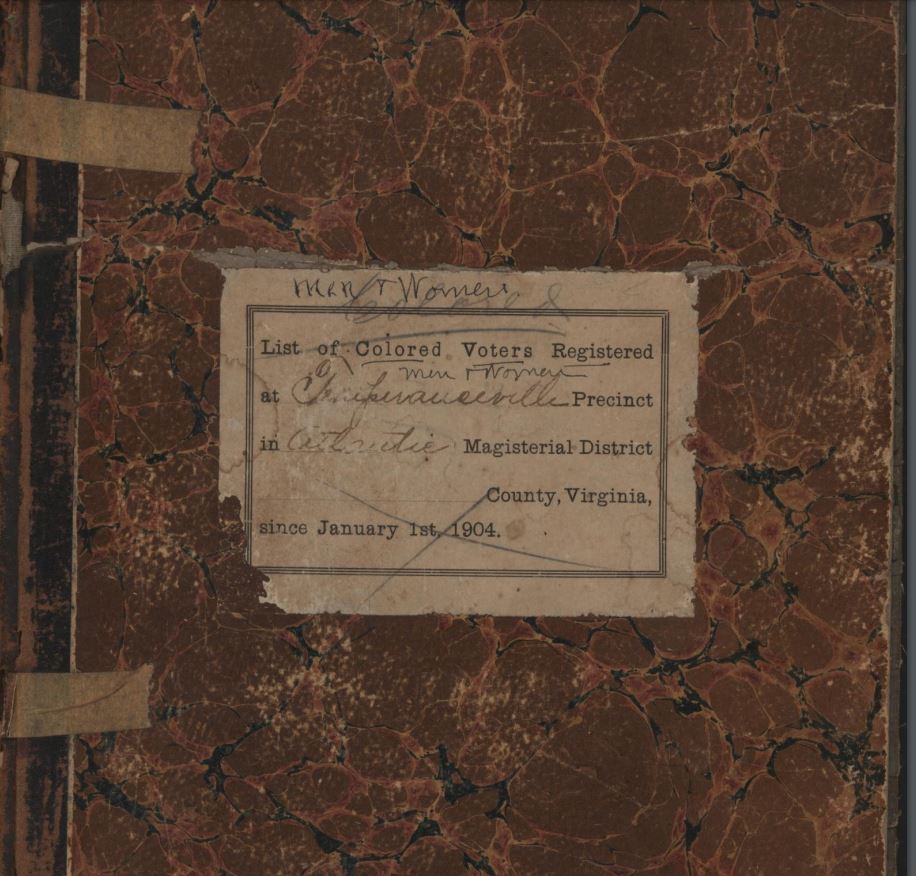After a year of debate, Virginia passed a new state constitution that went into effect July 1, 1902. Its effect on the electorate as a whole was disastrous, but for African-Americans it was particularly devastating.
New voter qualifications such as payment of land taxes, a literacy test and a $1.50 poll tax caused the numbers of all voters in Accomack County – White and Black – to drop significantly from what they had been just after the Civil War. African Americans living in Accomack County, for instance, saw their share of the electorate drop precipitously, from 40% before 1902 to only 12% after the new constitution was adopted.
Among that 12% was fifty-year-old oysterman and father Parker Handy, born in 1852. And the Rev. G.H.T. Byrd, who in 1902 was a deacon at Jerusalem Baptist Church but who later broke off from that congregation to help found and become Pastor of Shiloh Baptist Church in Temperanceville. Another was Alfred Justice, a 60-year-old laborer born in 1845 and a Civil War veteran who had served in the 2nd Infantry, Company A, United States Colored Troops. Younger men born after the war also registered to vote in 1902 like farmer George D. Justice, age 29, born in 1875.

Their names were recorded at that historic moment in the “List of Colored Voters Registered at Temperanceville Precinct in Atlantic Magisterial District.” The actual register is held in Eastern Shore Public Library’s archives, but a complete digital image is now available to view on our website.
The book also reveals those few Black women in northern Accomack County who registered in 1920 when passage of the 19th Amendment legalized women’s suffrage. Women like Mary F. Brown, 44, a housewife and mother who lived with her family in Withams. And 30-year-old Estella Tull, also of Withams, who was listed as a housewife when she registered to vote October 2, 1920, but who later became a schoolteacher.

Not only is the register a monument to local historical events, it is a monument to family. Everyday people – a laborer, a farmer, a mother – left their mark on history and are a part of the story of a place and its people. For their descendants, many of whom still live on the Shore today, individual lines in a register reveal an important piece of their family story. A seemingly distant and abstract historical fact – Virginia adopted a new state constitution in 1902 – can become very personal.
The Heritage Center invites you to learn more about your own family’s story using our genealogical and local history resources.
